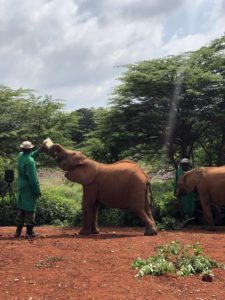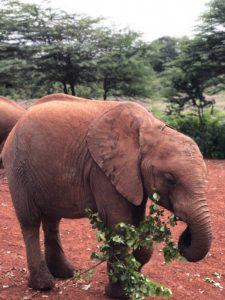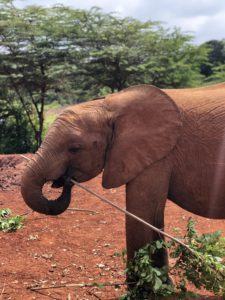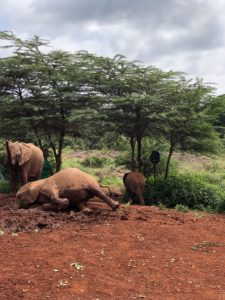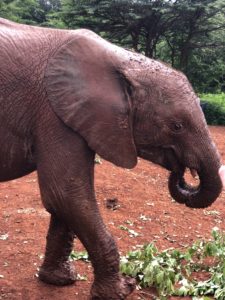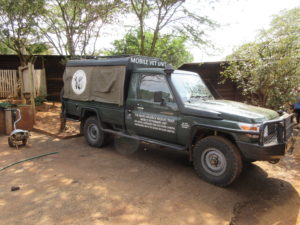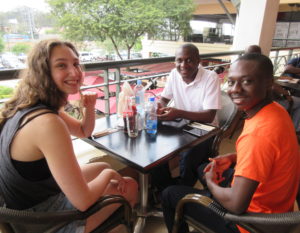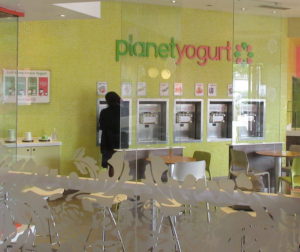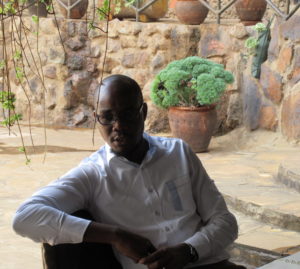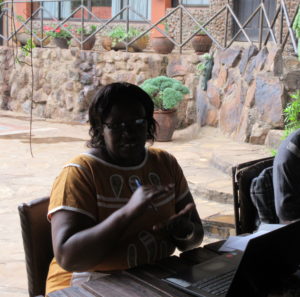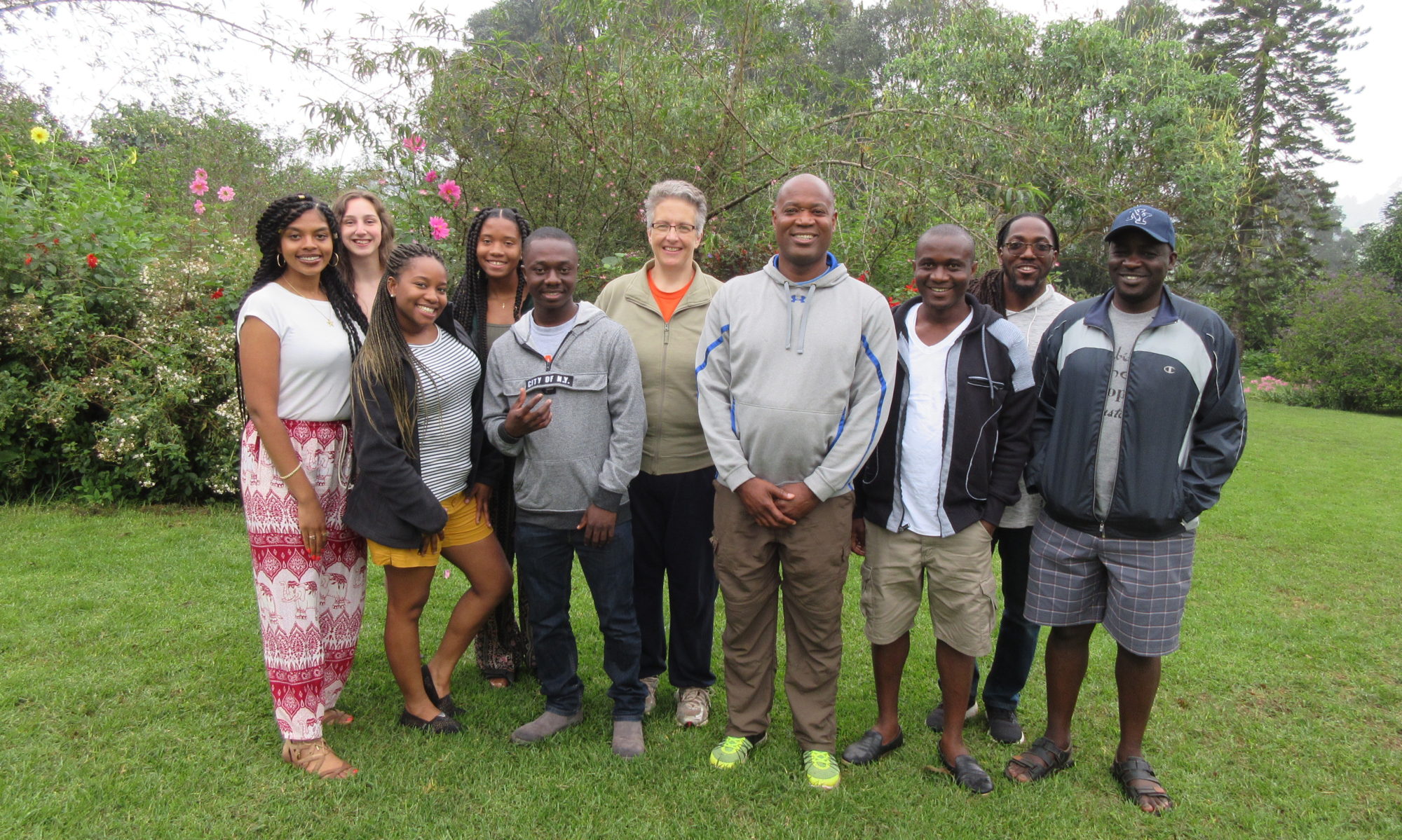Today’s blog is written by one of the students in the study abroad course.
Name: Isabel Fabre
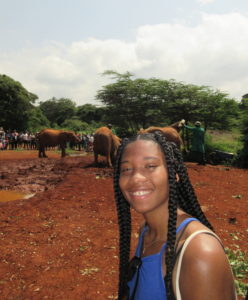
Hometown: Pembroke Pines, Florida
Program of study: Finishing first year in the Selected Studies of Education program with a minor in Public Health
I am participating in the Kenya study abroad experience because I am interested in learning more about African countries and culture.
Some things I have observed thus far are I’ve noticed how much more people walk around than drive. I was pleasantly surprised to see how green Kenya is. I have seen a lot more trees and greenery than I expected. I also observed how driving is opposite than in the United States. I was not shocked because in traveling to Haiti a few years ago, they also drive on the left side.
I find it interesting to learn about another country and its educational system through experiencing several schools and talking with teachers and students directly.
I am looking forward to being in schools and interacting with the students. I’m so grateful for this opportunity to be able to observe a different type of education system. I am also extremely excited to meet and stay with my host family! I have never experienced a home stay and I will be able to engage with a new culture. I believe that it is important to immerse yourself with different cultures and backgrounds to have a better appreciation and respect for other people.
Recap of Today’s Activities:
Our Saturday started at 11 am where we visited the Sheldrick Wildlife Trust: Elephant and Rhino Orphanage located in Nairobi, Kenya. This site was founded in 1977 where it is a rescue and rehab center for orphaned elephants. There were many visitors awaiting these beautiful, big-eared animals. One of the keepers gave us a complete rundown of what exactly they do at their center. It is crucial for baby elephants to have milk their first two years of life. Since the elephants there are orphans, they are not able to receive milk from their mothers. The keepers quickly found that cow’s milk made the elephants have diarrhea and eventually die. Interestingly, the keepers have found a milk that is safe and nutritious for them to drink. The secret? Human baby formula! The keepers have tested and modified the baby (human) formula so that the elephants can drink that while they are still young. The elephants there spend a minimum of three years at the orphanage. After three years, they begin to slowly reintroduce the elephants into Tsavo East National Park where they have the chance to familiarize and bond with other elephants in the wild. But, it takes about 8-10 years before they a join a wild elephant herd. The keeper also spent a lot of time explaining how ivory poaching is a big problems for elephants. It was sad to hear that poaching is still being practiced and perfected by humans. I was reminded to never buy items made of ivory or from rhino horns. Since this practice is solely our (human) fault, it is 100% in our control to stop this. With no poachers making money, there is no market and no place to sell ivory. The most important to remember that all animals are important and have the right to live and die naturally.
After lunch at Galleria mall, where some of us had frozen yogurt from Planet Yogurt, we returned to Osoita Lodge (where we are staying in Nairobi) and had very interesting talks with two Syracuse University alumni: Michael Orwa (who earned a MS in Pan African Studies and a MS in International Relations from Syracuse University) engaged us in learning about the social, cultural, economic, and political history of Kenya, and Grace Orado (who earned a PhD in Science Education at Syracuse University) interacted with us around education in Kenya. These discussions helped us gain more insight into Kenya as a country and tied in well with our course readings.
